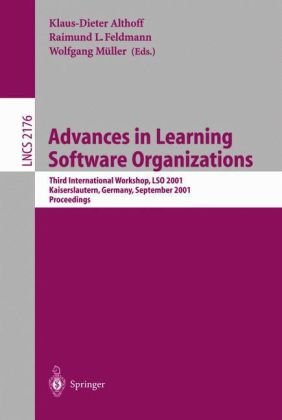

Most ebook files are in PDF format, so you can easily read them using various software such as Foxit Reader or directly on the Google Chrome browser.
Some ebook files are released by publishers in other formats such as .awz, .mobi, .epub, .fb2, etc. You may need to install specific software to read these formats on mobile/PC, such as Calibre.
Please read the tutorial at this link: https://ebookbell.com/faq
We offer FREE conversion to the popular formats you request; however, this may take some time. Therefore, right after payment, please email us, and we will try to provide the service as quickly as possible.
For some exceptional file formats or broken links (if any), please refrain from opening any disputes. Instead, email us first, and we will try to assist within a maximum of 6 hours.
EbookBell Team

4.8
94 reviewsThe importance of production and use of high quality software is still growing, as more and more businesses depend on information technology. Well educated, highly skilled, and experienced employees characterize the situation in most companies in the developed countries. Increasingly they work together in temporary networks with geographically distributed offices. Using and developing their knowledge is a key issue in gaining competitive advantages. We have learned during recent years that the exchange and development of knowledge (which we call learning) demands a great deal of human interaction. However, it is widely recognized that information systems will, in many cases, enable the sharing of experience across distributed organizations and act as a knowledge repository. A Learning Software Organization (LSO) will turn Intellectual Capital into market shares and profit, as it establishes the means to manage its knowledge. The LSO workshop series was created in 1999 to provide a communication forum that addresses the questions of organizational learning from a software point of view and builds upon existing work on Knowledge Management and Organizational Learning. It aims at bringing together practitioners and researchers for an open exchange of experience with successes and failures in organizational learning. Right from the beginning, fostering interdisciplinary approaches and providing an opportunity to learn about new ideas has been a central issue of the workshop series. The feedback that we have obtained in recent years has encouraged us to continue our work for a better understanding of the setup and running of Learning Software Organizations.